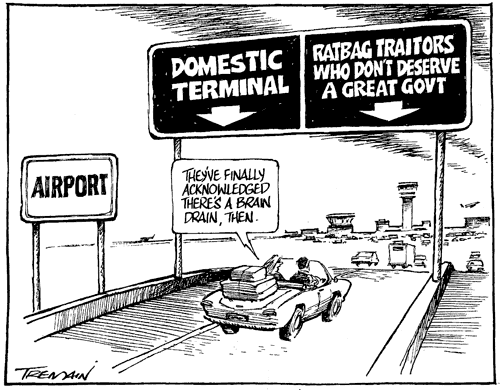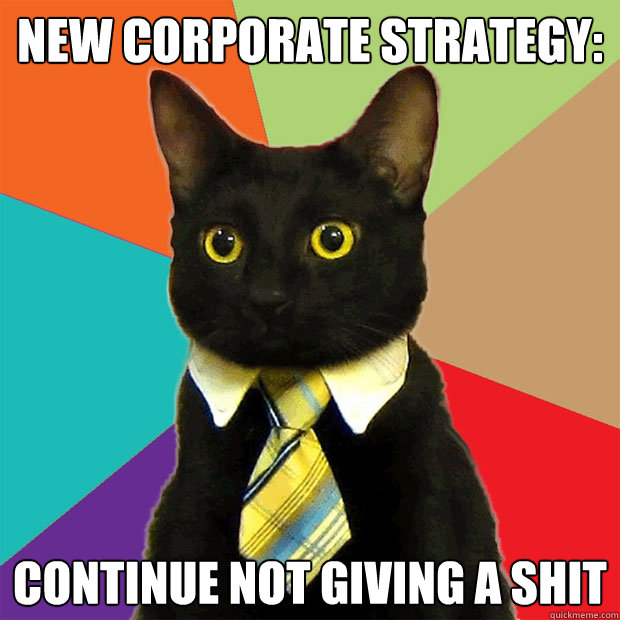Small Businessman with Small Software and a small .... ?
It seem's that Lee Myung Bak is either a people's man or is just desperately trying to gain public support as he came under fire for another one of his antics on shared growth. A feasibility study was conducted by Korea Economic Research Institute (KERI) which claims that the "profit sharing" proposal he came up with does not carry positive impacts on the economy. But despite the report published by KERI, Lee's administration continued to search of areas in which they can help SME's grow, by developing a "Chaebol Shield"; which technically bars certain companies from participating in certain "SME Designated" industries. This however is still criticized by certain parties as the regulation set is non-conforming (not legally binding / entirely up to corporation's discretion). This however did not stop the Korean government from expanding the chaebol shield to include certain products such as tofu, and industries such as expendable office supplies and IT contents with further designation SME-protected industries to be developed in the future. Although many disagree on this policy, there are others who are completely behind it citing that Chaebol's ability to dominate the market through their suppliers and ability to receive cheap financing as factors that should change the non-conforming ordinance into a legally binding one. Not to mention that since most of the Chaebol's are family owned, wealth distribution is narrowed and limited to certain few - something which the Koreans call "top 1%".
Out of curiousity, I did a mini-search on the number of South Korean corporations listed in Forbes 2000, the number of employees in which they employ, and compared the number of employment to the country's population. For benchmarking purposes, I chose Taiwan and Turkey since they have roughly the same GDP Per Capita as South Korea;
Taiwan | S. Korea | Turkey | |
Population (Million) | 23 | 49 | 73 |
Employees (Per 100 Thousand) | 0.8 | 0.4 | 0.2 |
Ratio Population : Employment | 3.48% | 0.82% | 0.27% |
Forbes 2000 Listed Companies | 42 | 52 | 11 |
The results are quite interesting. We can see clearly from the table that although South Korea have corporations which are more globally recognizable compared to Taiwan (at least from my view), it seems that Taiwan is winning in terms of developing a more distributed form of competition, and that the corporations they develop employ more people according based on the Ratio Population.
So the question now is, would the "Shared Growth", "Profit-Sharing" and "Chaebol Shield" system proposed and implemented by the government would lead to a better wealth distribution system? My personal view would be Yes (with the exception of the Profit-Sharing policy), however, it would take time, and changing such a concept will not be easy. It all depends on what the people want, whether corporations are willing to oblige, and whether South Koreans themselves are willing to shift away from having a "Chaebol-oriented" mentality to a one focusing more on a "United Growth".
But at the end of the day, I guess its just all about greed.










